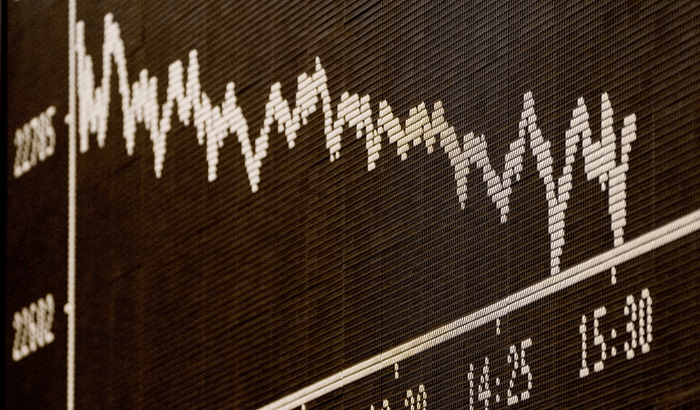Fund managers are increasingly cautious about U.S. market exposure in 2025, driven by concerns over the potential reintroduction of tariffs under former President Donald Trump’s administration. This shift marks a significant reversal from late 2024, when the U.S. was widely expected to be the best-performing region globally.
Changing Sentiment on Regional Performance
From Optimism to Pessimism: Following Trump’s November 2024 election victory, 53% of surveyed fund managers predicted the U.S. would lead global returns, while the European Union (EU) was expected to underperform. Six months later, the outlook has flipped: 53% now expect the U.S. to deliver the worst returns, while 44% believe the EU will outperform in 2025.
Survey Scope: The data comes from Quilter’s survey of 21 leading fund management firms, collectively managing £22 trillion in assets.
Tariff Concerns Drive Negative Outlook
Tariff Uncertainty: The shift in sentiment is largely attributed to Trump’s recent tariff announcements and the looming end of a tariff pause on July 8, 2025. Four out of five fund managers anticipate tariffs will be partially reinstated, while 13% expect a near-full return of tariffs, albeit in a different form than previously implemented.
Reciprocal Tariffs Expected: Approximately 75% of fund managers believe the EU will impose retaliatory tariffs on the U.S., potentially straining transatlantic trade relations. Some analysts suggest this could push Europe closer to China economically.
Impact on Economic Growth Forecasts
U.S. Growth Concerns: One-third of fund managers forecast U.S. GDP growth below 1% in 2025, with some fearing a possible recession due to trade tensions and policy uncertainty.
European and UK Outlook: While growth forecasts for the eurozone and the UK have also been revised downward, the declines are less severe. The UK’s recent trade deal with the U.S., the first post-Brexit agreement, has helped stabilize investor sentiment, though full details remain under negotiation.
Expert Commentary
Lindsay James, Investment Strategist at Quilter, noted, “Investor expectations for U.S. equity returns and economic growth have been downgraded due to White House policies. The investment community broadly agrees that the current approach is damaging on multiple fronts.”
James added, “President Trump has shown a willingness to listen to market reactions, which may lead to a more measured tariff program after the current pause. However, the prevailing uncertainty remains a significant risk for markets.”
Conclusion
The evolving geopolitical and trade landscape has prompted fund managers to reassess regional investment strategies. While U.S. equities have shown recent strength, the consensus points to Europe as the likely beneficiary of cautious investor sentiment in 2025.
YOU MAY ALSO LIKE:


